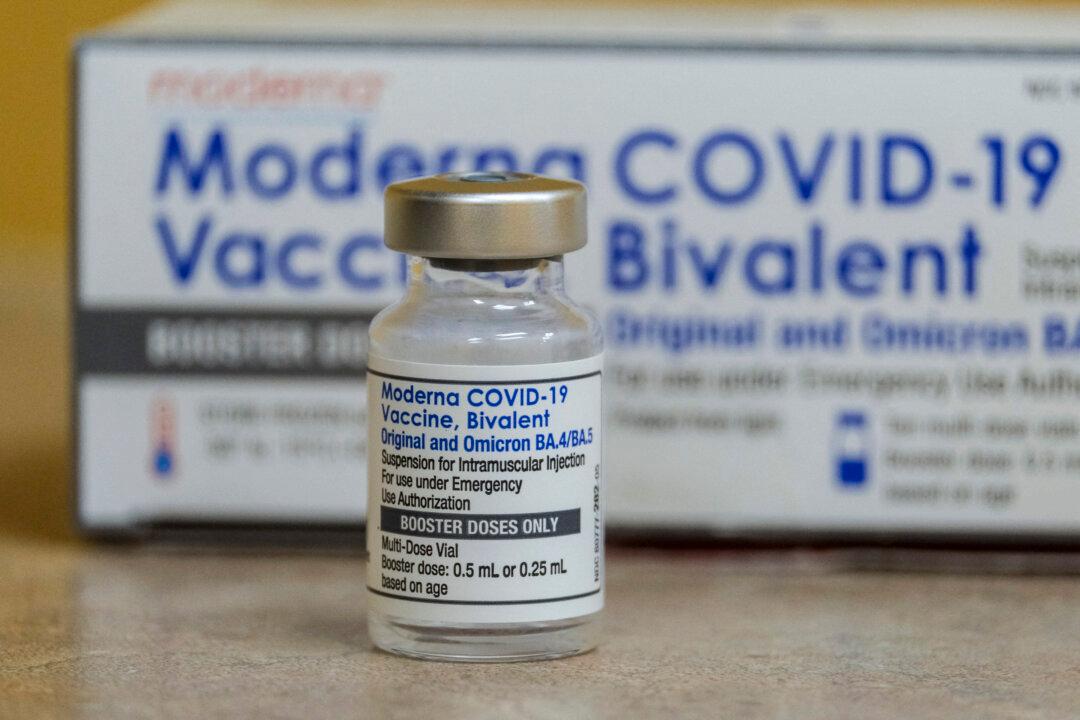Federal Minister Mark Butler is continuing to encourage Australians to take the jab, saying the vaccine is the most “important measure” to protect against severe diseases like COVID-19.
The vaccine will continue to be available for “free” in Australia every 12 months for adults, or every six months for those who are immunocompromised or over 65.





